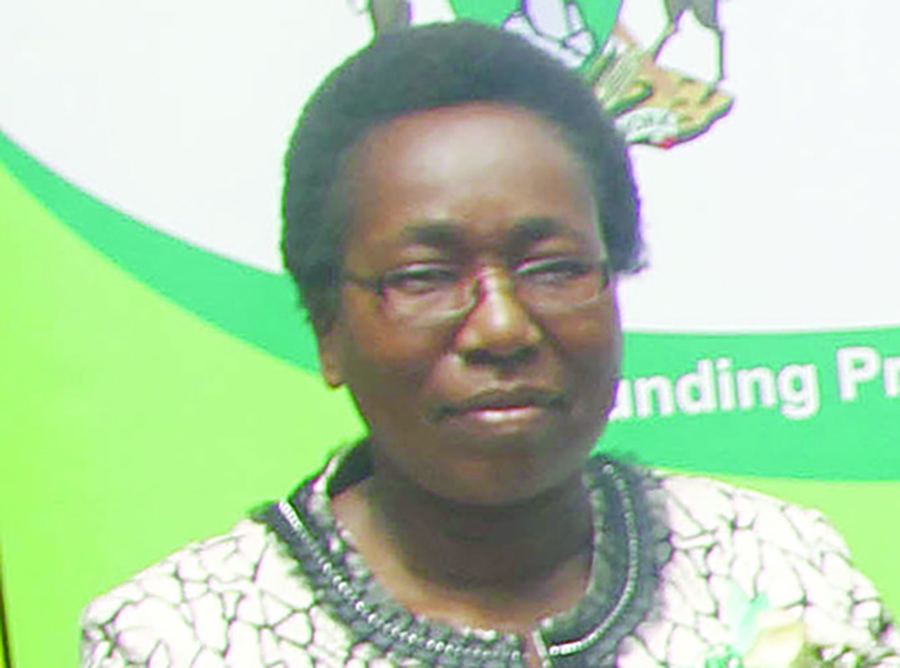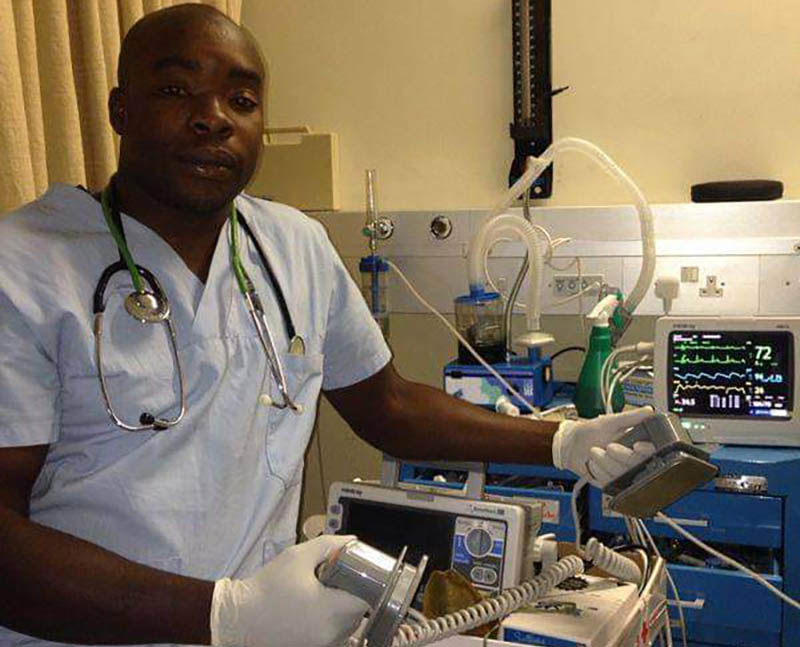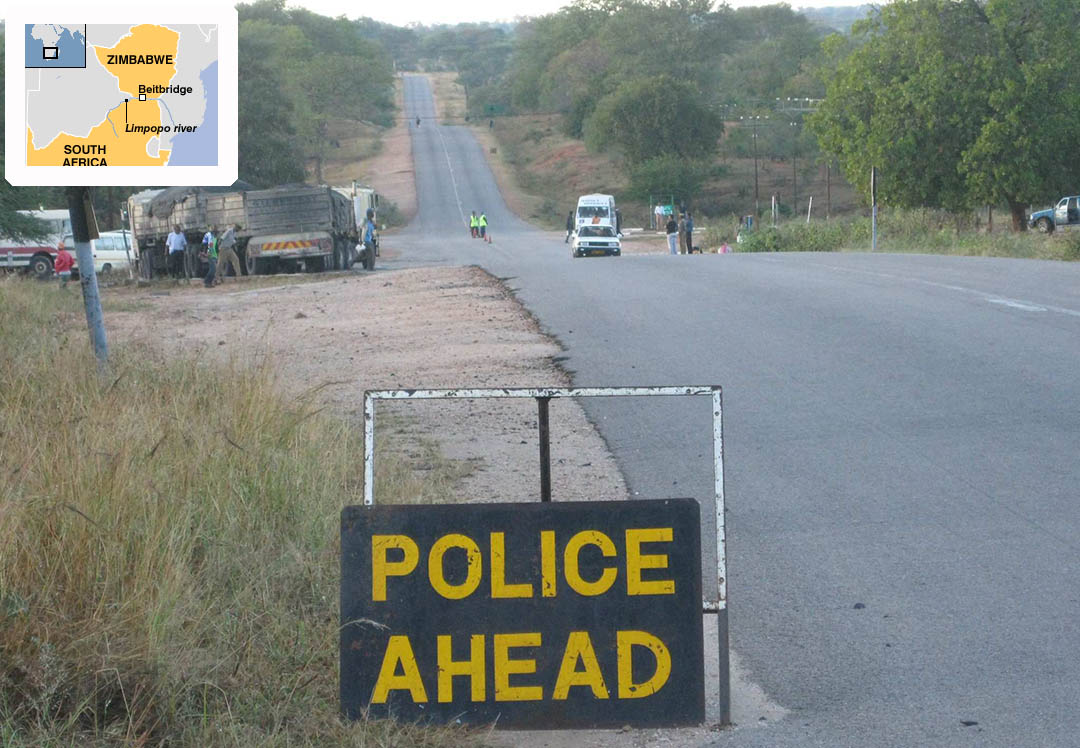HARARE – President Emmerson Mnangagwa has appointed retired judge Simbi Mubako to head a tribunal that will investigate misconduct allegations against Justice Erica Ndewere of the Harare High Court.
The Judicial Service Commission (JSC) asked Mnangagwa to institute the probe after accusing Justice Ndewere of “conduct inconsistent with a judicial officer.”
Ndewere is challenging the decision to probe her in the High Court, but Mnangagwa still appointed the tribunal which includes veteran lawyer Charles Warara and Yvonne Masvora.
Mubako also led a tribunal which found former Supreme Court judge Francis Bere guilty of gross misconduct. He was subsequently sacked as a judge.
Justice Ndewere is accused by the JSC of wrongly quashing a prison sentence imposed on a thief and also taking too long to deliver judgements, but she accuses Chief Justice Luke Malaba of pursuing a personal vendetta after she ignored his illegal order to deny bail to corruption-accused former minister Prisca Mupfumira in August last year.
Ndewere has already filed an urgent application seeking an interim interdict to stop the establishment of a tribunal by Mnangagwa.
On Wednesday Justice Davison Foroma recused himself from hearing the matter. Foroma said he was in the same criminal division as the troubled judge.
In addition, Justice Foroma said that judges in the same division interact closely with each other in a number of collaborative respects. He felt there was a need to maintain collegiality amongst judges to avoid perceptions in the public domain, and that it would be in the best interests of justice.
Ndewere had sought the judge’s recusal arguing that sitting judges would not freely rule against their superiors Chief Justice Luke Malaba, the Judicial Service Commission and Judge President Justice George Chiweshe, all listed as respondents in the matter.
She is accused of quashing a prison sentence imposed on Kenneth Majecha and substituting it with an order for the trial magistrate to consider community service.
In coming up with the decision Ndewere said she considered that the convict was a youthful offender and had no previous convictions, but the JSC says Majecha had been convicted thrice before, and details of these cases were in the court record.
The review of the magistrate’s decision, according to JSC, was assigned to her in May but she did not deliver a judgement until October, when Majecha had already left prison after serving his sentence. The JSC argues that Ndewere showed lack of application to her work and her performance “has failed to meet the expected standard of a judge.”
The JSC says she was warned to improve her performance over delayed judgements in 2017, and got a second warning on February 6, 2019, after failing to perform any work since January 14, 2019.
Ndewere had 12 reserved judgements as at June 30, 2019. The 12 cases had gone for more than two years without determination, the JSC charges.
“Failure to deliver a reserved judgment within a period of 90 days is a breach of the JSC (Code of Ethics) Regulations of 2012,” according to the JSC.
By May this year, Justice Ndewere had 28 pending cases with judgements having been reserved for periods stretching from nine to 24 months.
On September 15, Ndewere received documents of complaints raised by the JSC and her lawyers responded highlighting critical issues on how complaints against a sitting High Court judge ought to be dealt with.
She argued that her direct supervisor was Judge President Chiweshe, who had not raised a complaint against her.
The JSC push to remove Ndewere came on Septeber 15 after she withheld judgement in a bail application by MDC Alliance deputy chairman Job Sikhala. She says on that day, she was advised that Malaba had asked the JSC to look at the possibility of asking Mnangagwa to set up a tribunal.
“There can be no doubt that this was designed to put pressure on me as I prepared my judgement… Given the threats made against me when I handled the bail application of Prisca Mupfumira, I have reason to believe that the timing of the service of the complainants was calculated to intimidate me into abandoning my independence as a judge and to deny Mr Sikhala bail regardless of the merits of his case… I granted Mr Sikhala bail,” Ndewere says in a court affidavit.
Mnangagwa, in a notice gazetted on Thursday, said: “Whereas section 187(1) of the Constitution of Zimbabwe, 2013, provides that a judge may be removed from office only for inability to perform the functions of his or her office, due to mental or physical incapacity; gross incompetence; or gross misconduct; and whereas section 187(3) of the Constitution of Zimbabwe provides that, if the Judicial Service Commission advises the President that the question of removing any judge, including the Chief Justice, from Office ought to be investigated, the President must appoint a tribunal to inquire into the matter.”
The tribunal must finish its investigation within five months of being sworn-in.
















